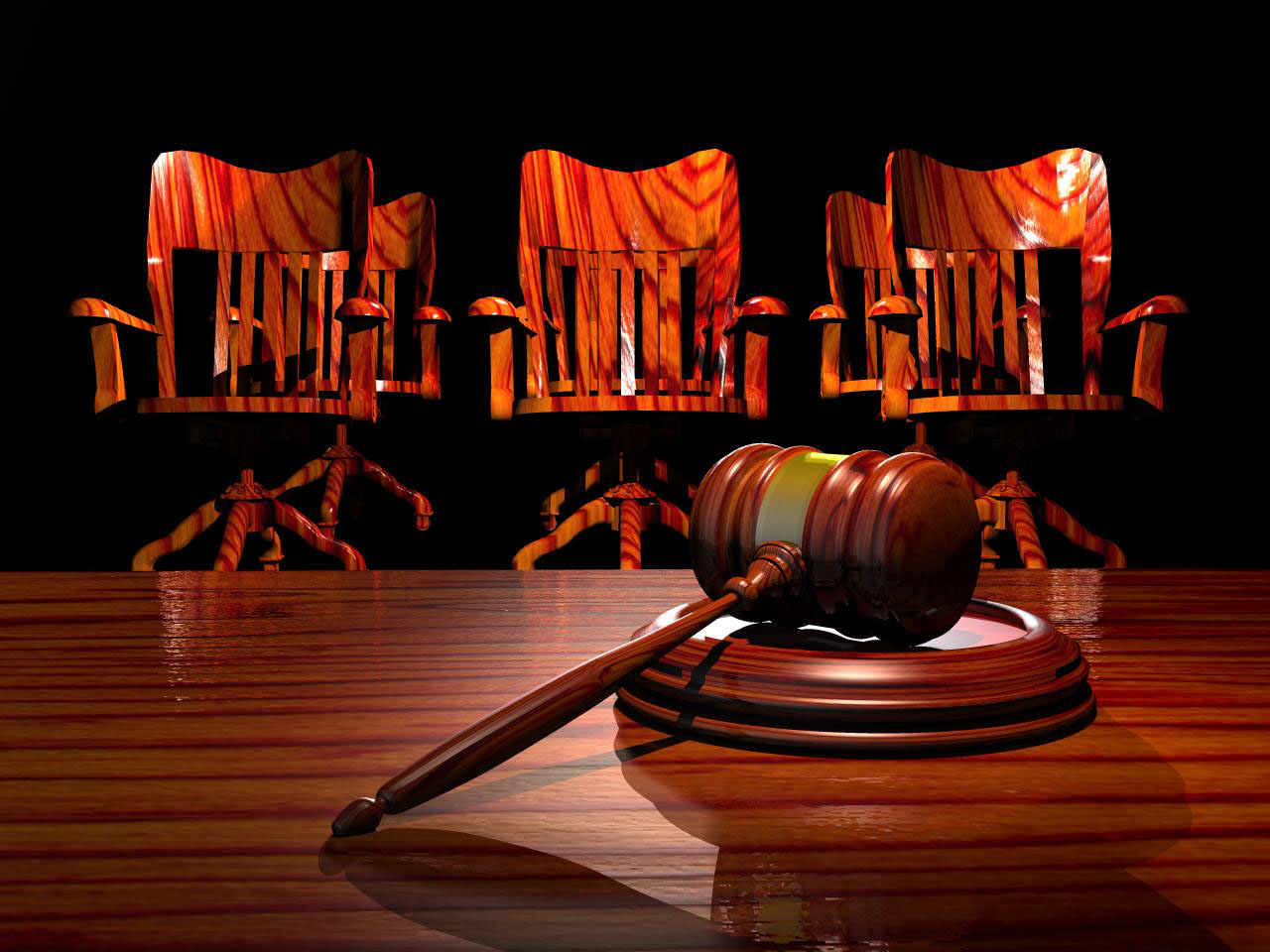
Richard: At the moment there are two very high profile court cases in the news. There's Oscar Pistorius charged with murder in South Africa and there's another case in the UK concerning a senior politician's wife. So for this week's podcastsinenglish.com we're going to talk about the jury system.
Jackie: For us it's interesting that the Oscar Pistorius case will not have a jury and the reason that the politician's wife is hitting the headlines is because the jury recently couldn't reach a verdict and they're having to do a whole retrial.
Richard: Exactly
Jackie: So is the jury system worth keeping? This is one of the questions that people are asking at the moment, here in the UK.
Richard: But in the UK, not many cases really go to the er... the jury system do they?
Jackie: No. All criminal cases in the UK go through the Magistrates' court first of all and there are about one and a half million to two million cases every year.
Richard: So you have these 3 magistrates and they decide um... whether someone is guilty or innocent but the maximum fine, I think, is five thousand pounds?
Jackie: Yeah, either 6 months imprisonment or 5000 pounds fine. Five percent of cases, the serious ones, go to the Crown Court and that's where the jury decides whether or not the defendant is innocent or guilty. It... it is quite difficult, I think to be a juror um... you're not allowed to talk about the case at all with your friends or family. And as these are for serious cases, people do hear and see a lot of unpleasant evidence.
Richard: Mmm. Yes, I've heard that after some cases um... jurors have had panic attacks and often nightmares as well.
Jackie: Now Richard, what about you because I know you have been a juror, haven't you?
Richard: I have yes. And it was a case about drug trafficking. They selected a whole group of people and of that large group twelve were selected um... to be jurors and then, the twelve of us were just put in a room and told, right, you've got to find er... the foreman. A number of the jurors didn't even want to be there um... they just thought it was all a bit... they had better things to do and certainly no one wanted to be the foreman so, um... I reluctantly um... said I would do it.
Jackie: So how did it go, Richard, what was the case like?
Richard: Well, it was, I must admit it was very interesting.
Jackie: How many days did it go on for?
Richard: Well, actually it only went on for a... for a couple of days because we had the police evidence on the first day, I think the first couple of days, and then afterwards, I think the third day we came in and then the judge said actually the accused, he's changed his plea, he's pleading guilty, so that was the end of it and we didn't have to reach a decision.
Jackie: So you didn't have to reach a verdict. In the case of this politician's wife, when... when the jury told the judge that they couldn't reach a unanimous verdict, he said don't worry just come up with a majority verdict and they still couldn't do that and some people then said well maybe we're expecting too much of the average member of public. Some of these cases are very complicated.
Richard: Yes, and I think there is a lot of truth in that because you hear a lot of evidence. You have to concentrate very hard and you've got to work out for yourself what are the important things and what are less important things.
Jackie: So overall, Richard, what do you think? Do you think it's a good system that we have?
Richard: It's the best system we have at the moment. It's certainly very flawed but I think the idea of being tried by your peers, i.e. your equals is the best method we've got at the moment.